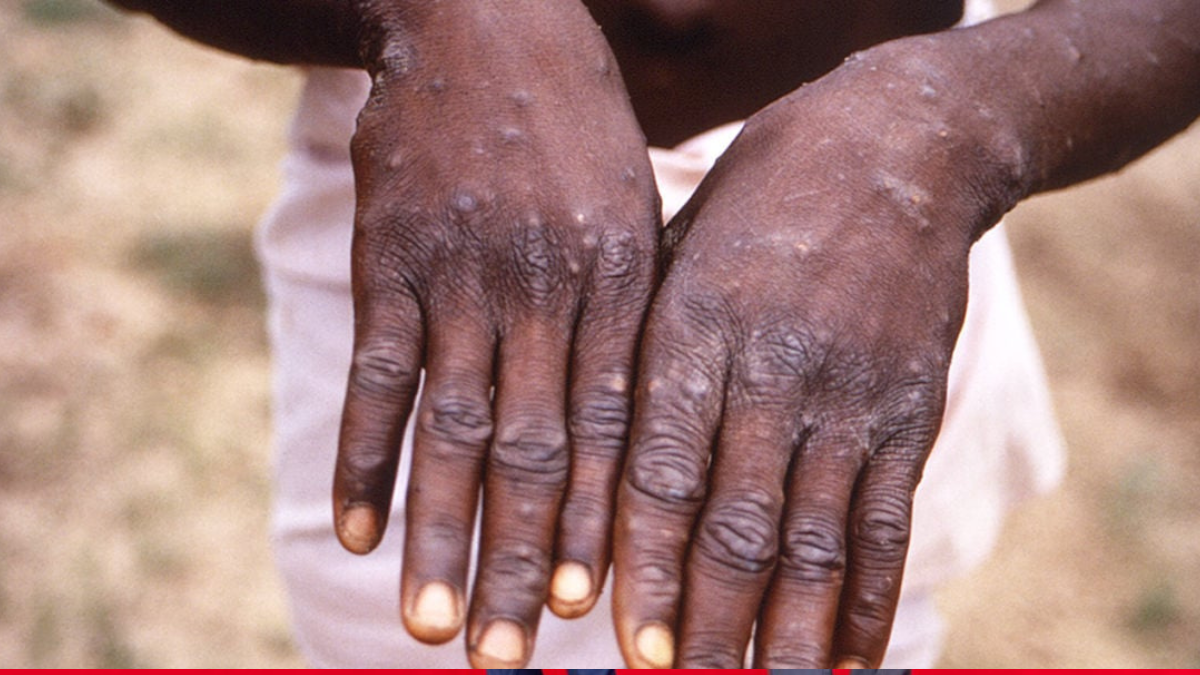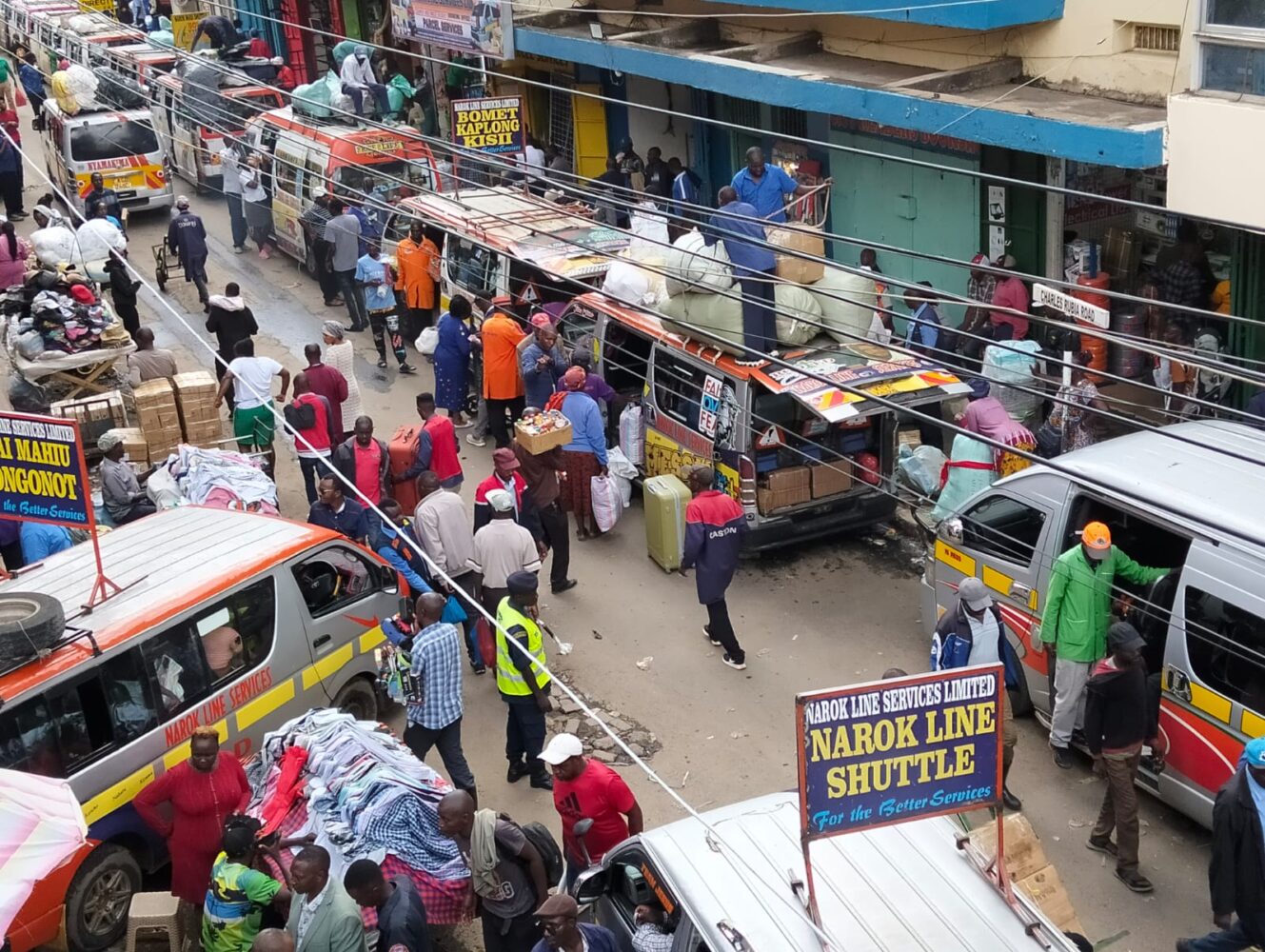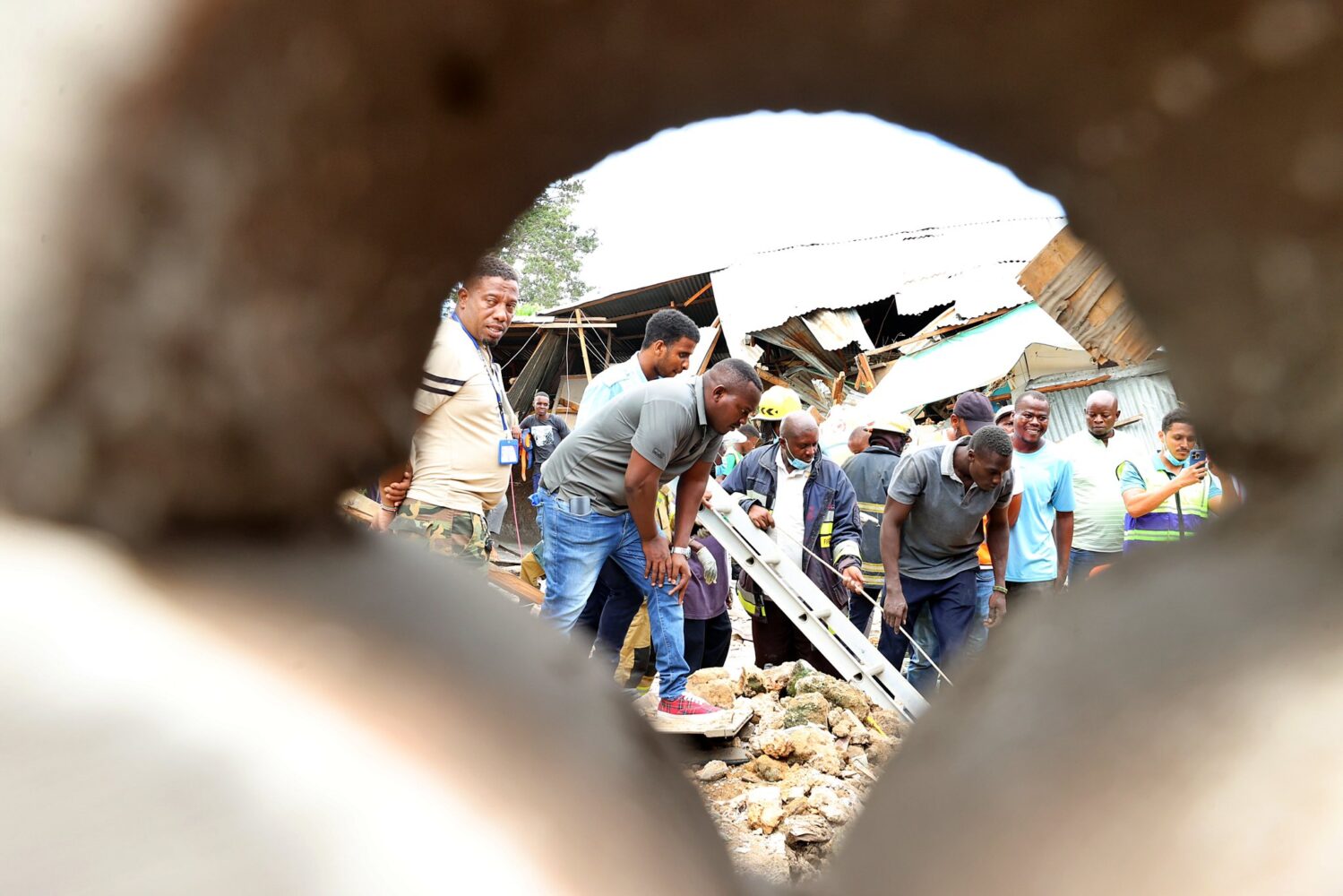Kenya, despite having only one reported case of Mpox, is on high alert along with other African countries as the continent faces a rapidly spreading strain of the virus.
Formerly known as monkeypox, the disease has been declared a public health emergency by the Africa Centres for Disease Control and Prevention (Africa CDC), highlighting the critical nature of the situation.
The emergency declaration, made on Tuesday, August 13, 2024 has prompted swift action from governments across Africa.
With over 13,700 cases and 450 deaths reported in the Democratic Republic of Congo (DRC) since the start of the year, the virus is emerging as a significant threat.
Areas where Mpox has spread rapidly
The highly contagious disease, marked by flu-like symptoms and pus-filled lesions, has spread beyond Congo’s borders, now impacting countries like Burundi, the Central African Republic (CAR), Rwanda, and Kenya.
Africa CDC head Jean Kaseya issued a strong warning, stating that the continent is at a critical juncture.
“This declaration is not just a formality; it’s a call to action,” Kaseya emphasized.
“We must shift from a reactive stance to a proactive and aggressive approach to contain and eradicate this threat,” he added.
The public health emergency declaration is expected to intensify government efforts across Africa, improving coordination in response strategies and potentially unlocking essential medical supplies and humanitarian aid for the most affected regions.
The spread of Mpox in Congo has raised serious concerns, with experts describing the situation as a “severe outbreak.”
Over 14,000 cases and 511 deaths have been reported, creating a dire situation that has already spilled over into neighboring countries.
Refugee areas affected
A new strain of the virus has caused outbreaks in refugee camps in Eastern Congo and has spread to Uganda, Burundi, Rwanda, and Kenya for the first time this year.
The public health emergency declaration aims to improve coordination of response efforts and boost the flow of medical supplies and aid to the affected areas.
Despite the urgent need for vaccines, availability remains critically low, with only 65,000 doses expected for the entire region in the coming months.
Campaign towards Mpox vaccine
Vaccination campaigns are unlikely to start before October 2024.
This comes after Wednesday, July 31, 2024, when the Kenyan Ministry of Health issued an alert after confirming a case of monkeypox (now known as Mpox) at the Taita-Taveta one-stop border point.
The infected person was traveling from Uganda to Rwanda through Kenya, prompting health authorities to take swift measures to prevent further spread.
Mpox, caused by the monkeypox virus, presents with symptoms like skin rashes, fever, headaches, and swollen lymph nodes.
The virus can spread through direct contact with infectious lesions or respiratory droplets.
Although a single confirmed case is enough to declare an outbreak, the Ministry’s heightened concern is due to the ongoing multi-country outbreak that has impacted several regions since May 2022, with significant surges in August 2022 and June-November 2023.











